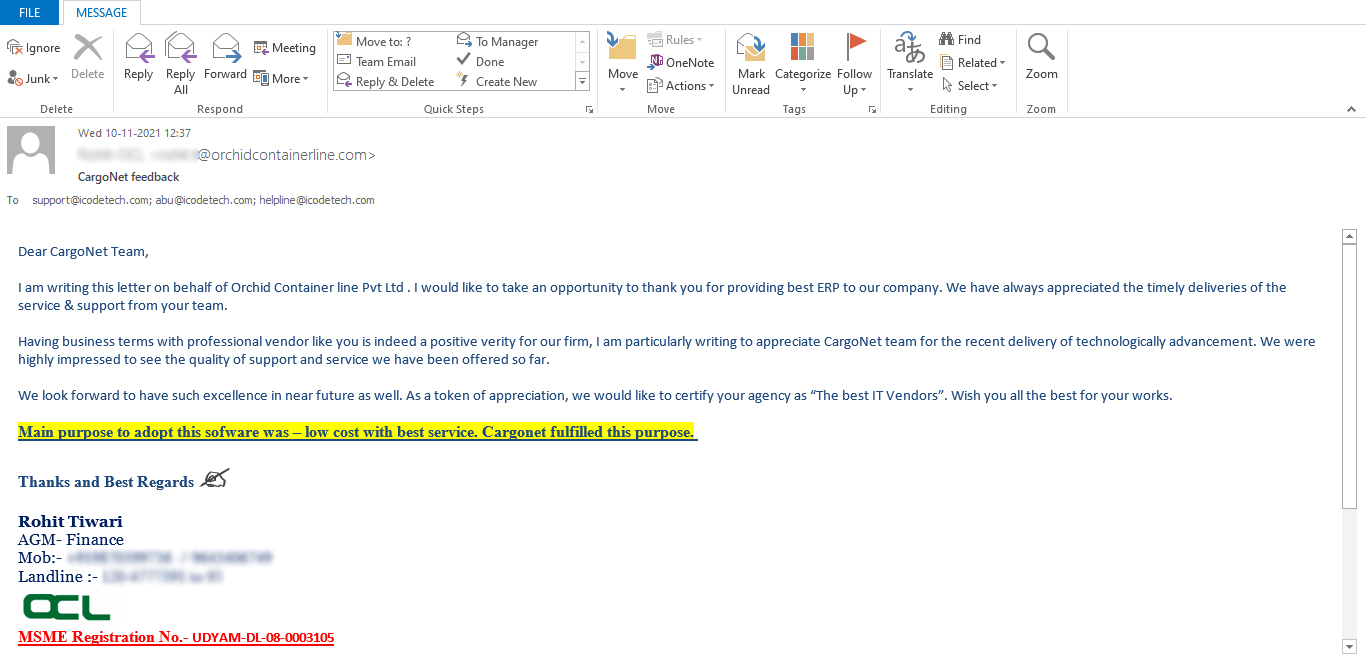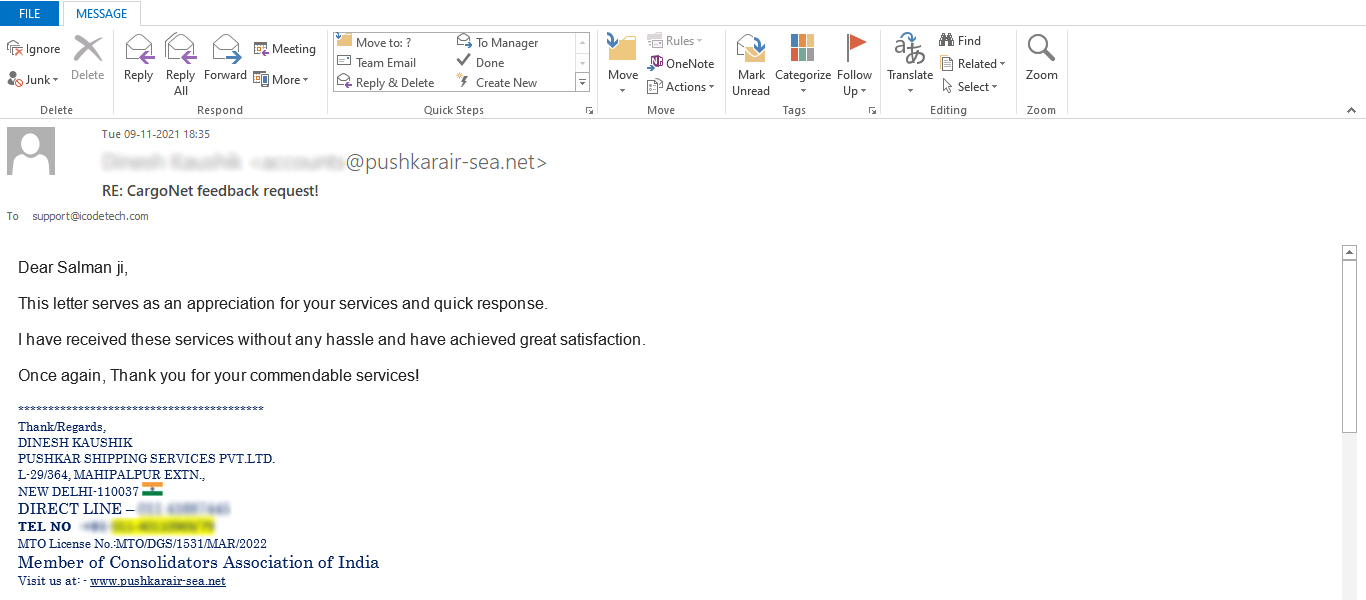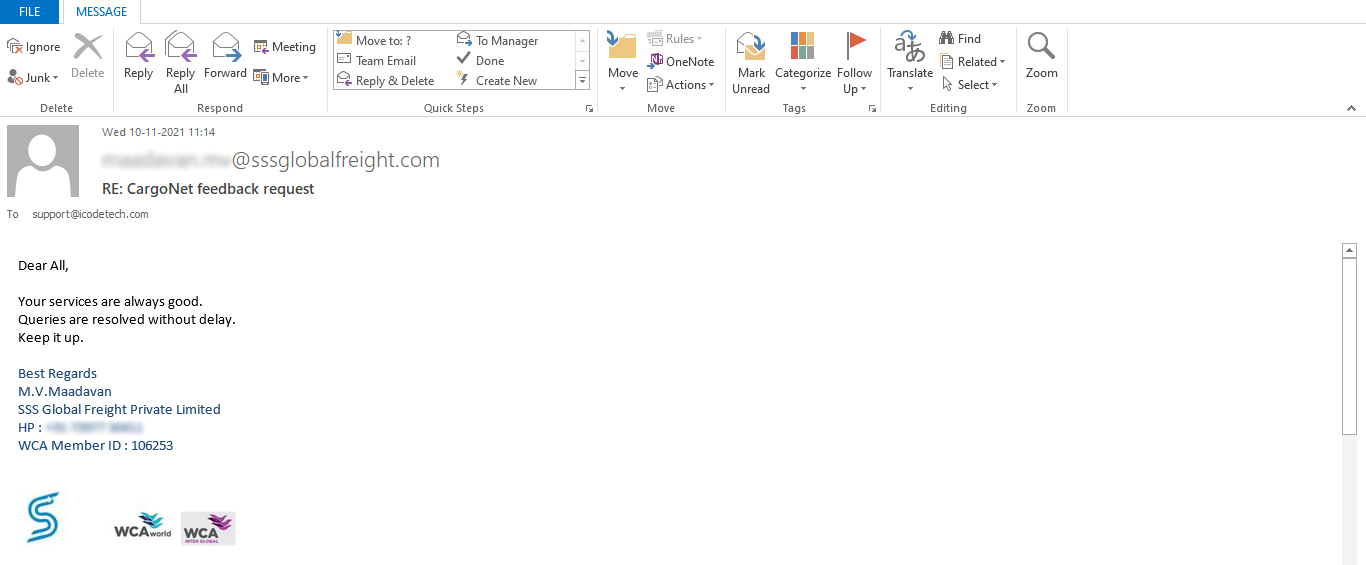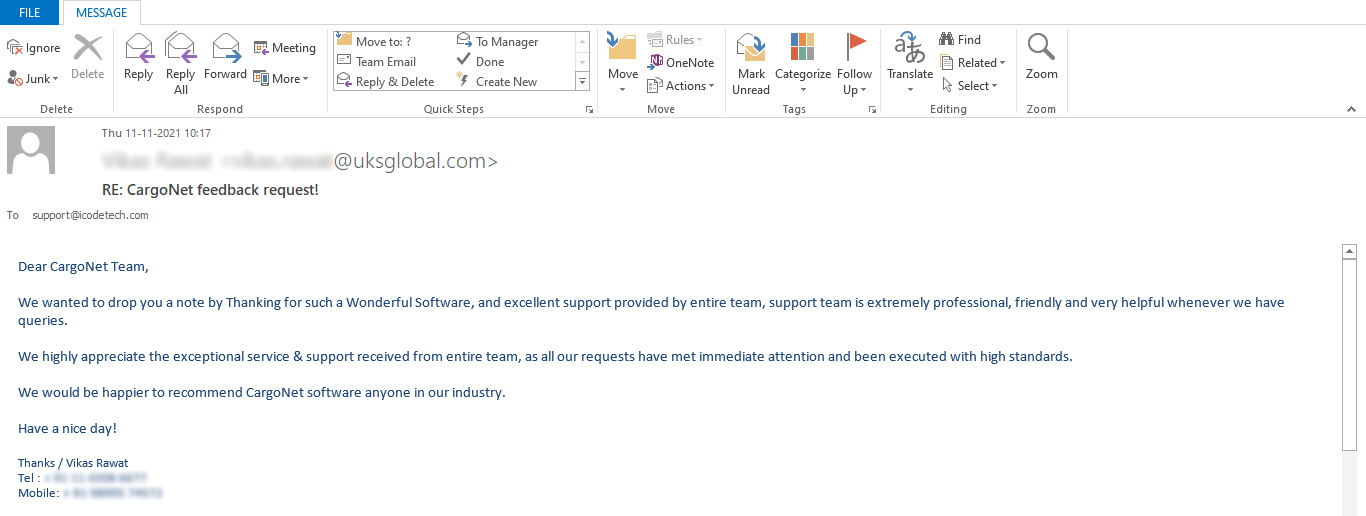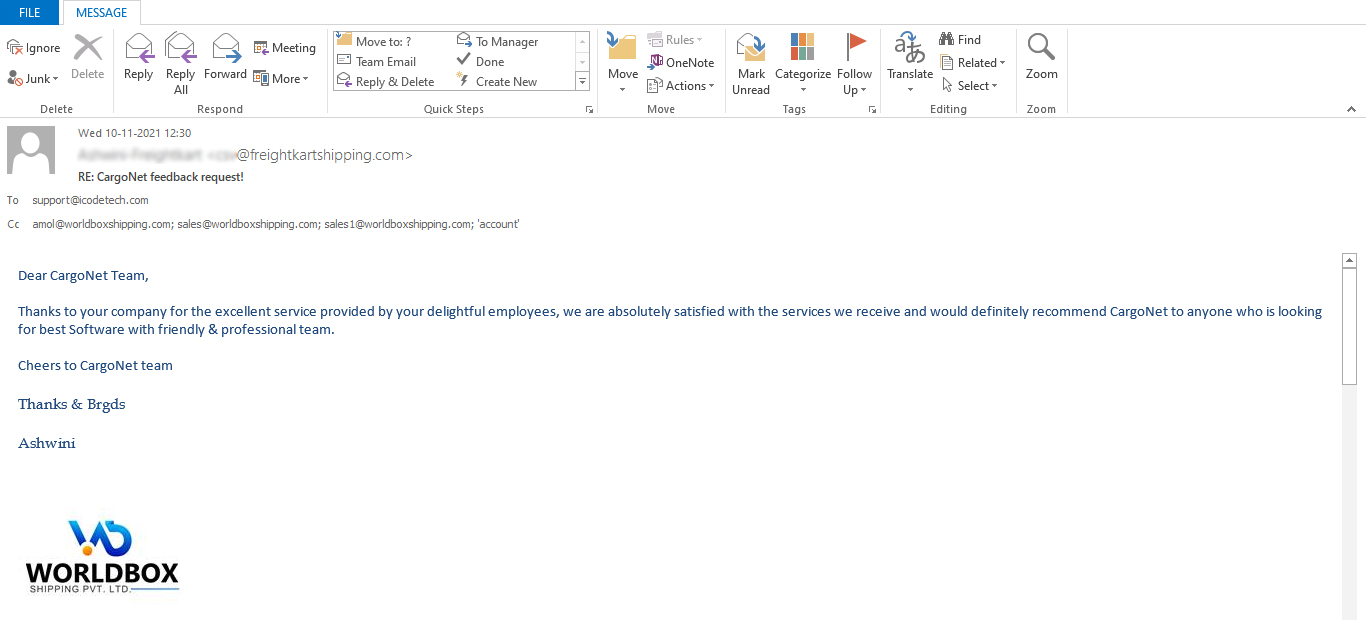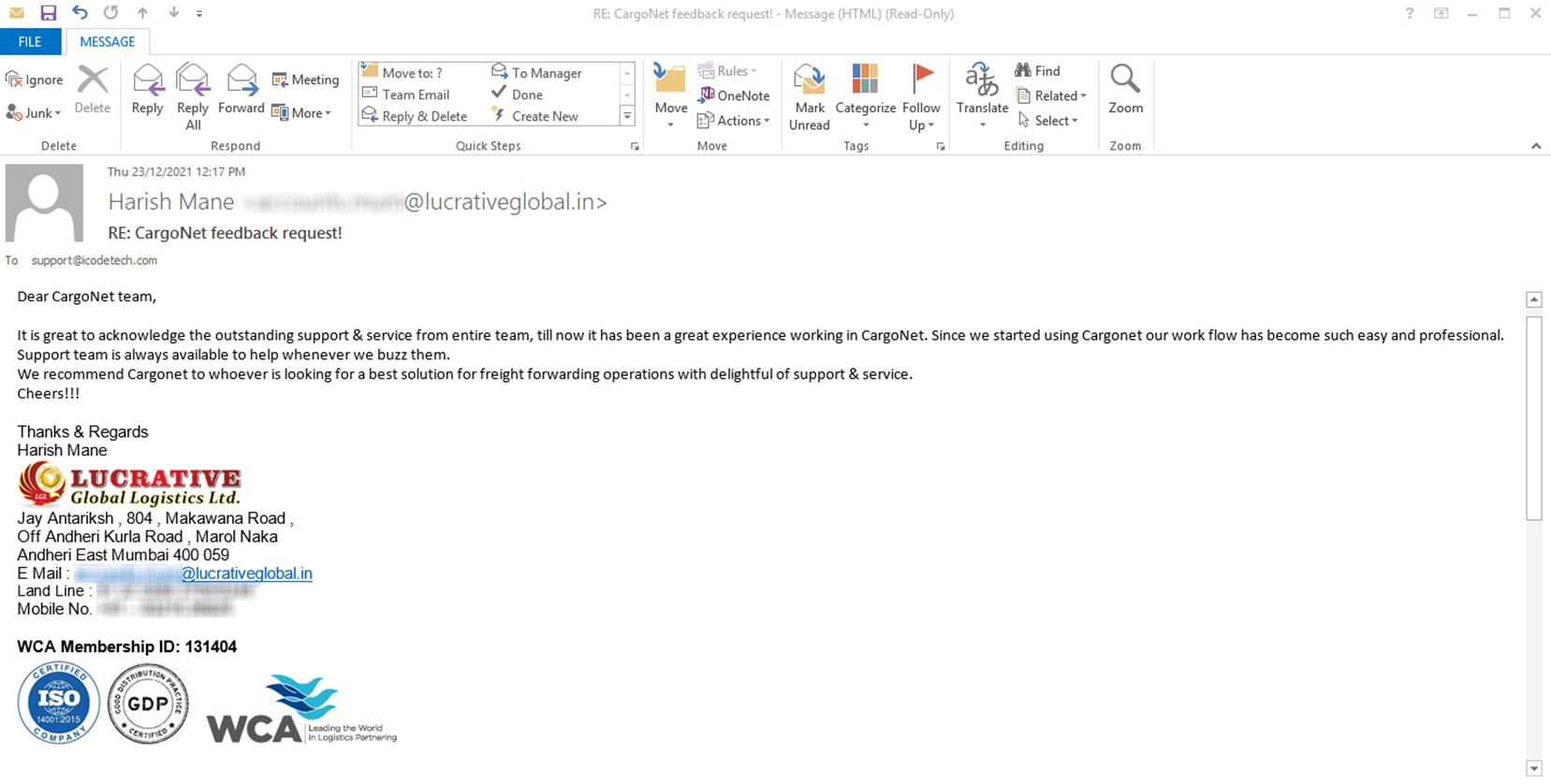In a historic leap for India’s agri-export sector, Namakkal, the “Egg Capital of India,” has begun exporting eggs to the United States, marking a transformative chapter in its logistics and global reach. With the first-ever shipment of one crore eggs to the US, Namakkal is no longer just catering to its traditional Middle Eastern markets—it’s going truly global.
Every day, Namakkal produces nearly 6 crore eggs, with about 50 lakh heading to overseas markets. The town now exports over 15 crore eggs per month to countries such as UAE, Bahrain, Maldives, Oman, and parts of Africa.
Key Highlights at a Glance:
- First-ever export to the US: 1 crore eggs shipped in refrigerated containers.
- Each reefer container carries 4.72 lakh eggs, valued at ~$35,000 (`30 lakh).
- Export destinations include the Middle East, Africa — and now the USA.
- Proximity to ports gives Namakkal an edge over Andhra Pradesh for faster transit:
- 4 days to Middle East from Namakkal vs 14 days from Andhra.
- Logistics advantage + disease-free farms have driven consistent exports.
- Central subsidy for egg export transport dropped from 7% to 1% since 2014.
- Global trade challenges:
- Biosecurity certifications required by UAE.
- Qatar demands ‘AA’/‘A’ grade eggs ≥ 60g — Namakkal’s average is ~55g.
- Export expansion needs:
- Return of FOB subsidies to compete with nations like Turkey.
- Permanent trade agreements with egg-deficient nations.
- Infra boost for certified grading, packing, and processing units
What This Means for India’s Export Ecosystem
Namakkal’s entry into the US market showcases how robust logistics, port connectivity, and farm-level hygiene protocols can power India’s rural economies onto the global stage. But the road ahead needs policy support, especially in subsidies, infrastructure development, and ease of certification to maintain and grow momentum.
“The opening of the US market is a big breakthrough. But long-term success will depend on government support and sustained global trade partnerships,” says local poultry farmer C. Sasikumar.
Logistics Insight:
This case underlines a broader truth — regional production hubs can become global exporters with the right mix of:
- Export-friendly policies
- Cold-chain logistics
- Quick port access
- Disease-resilient farming




